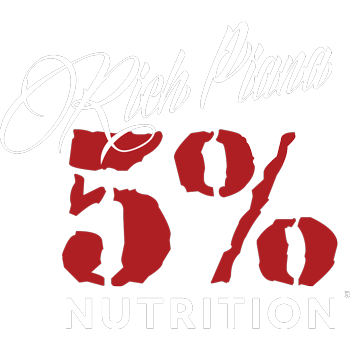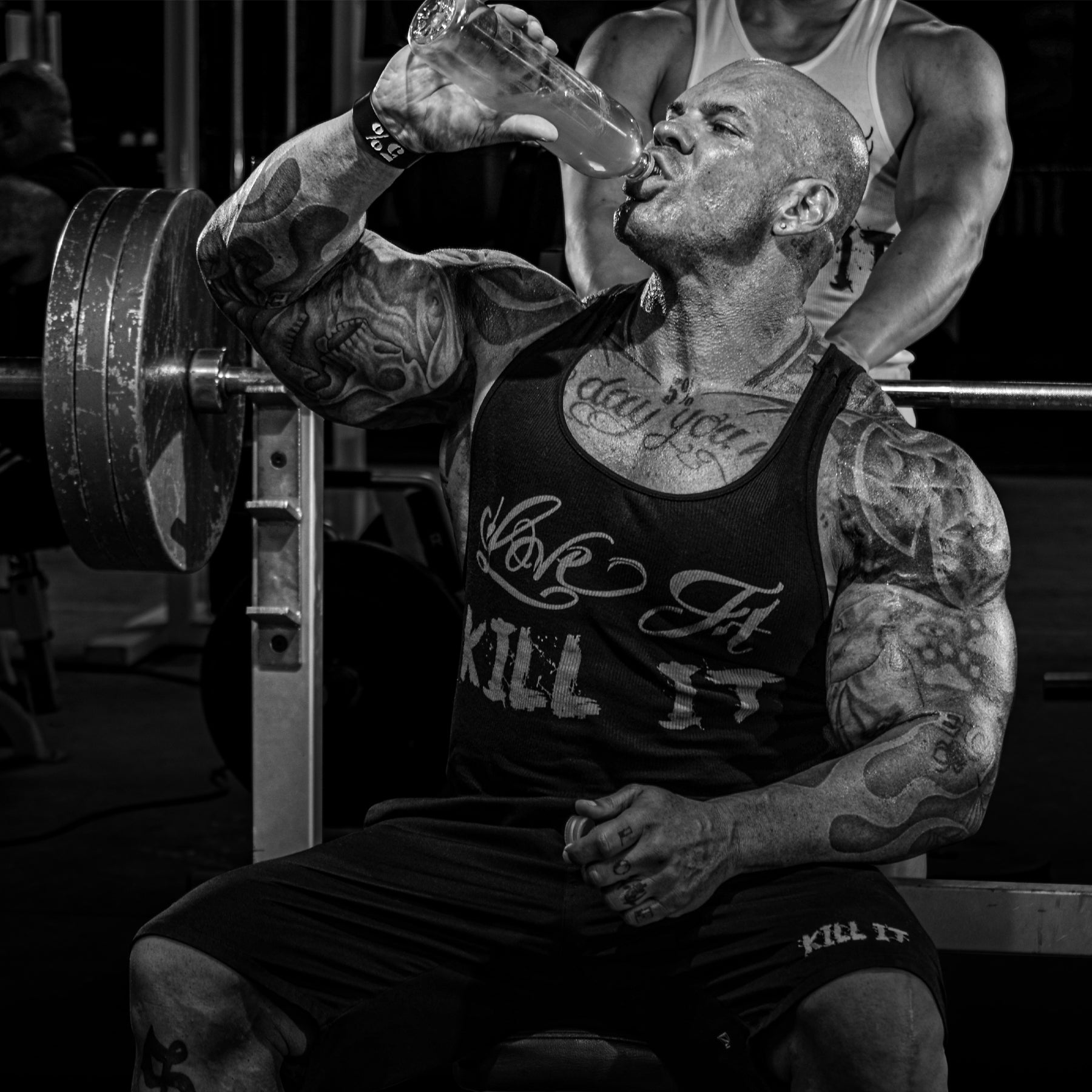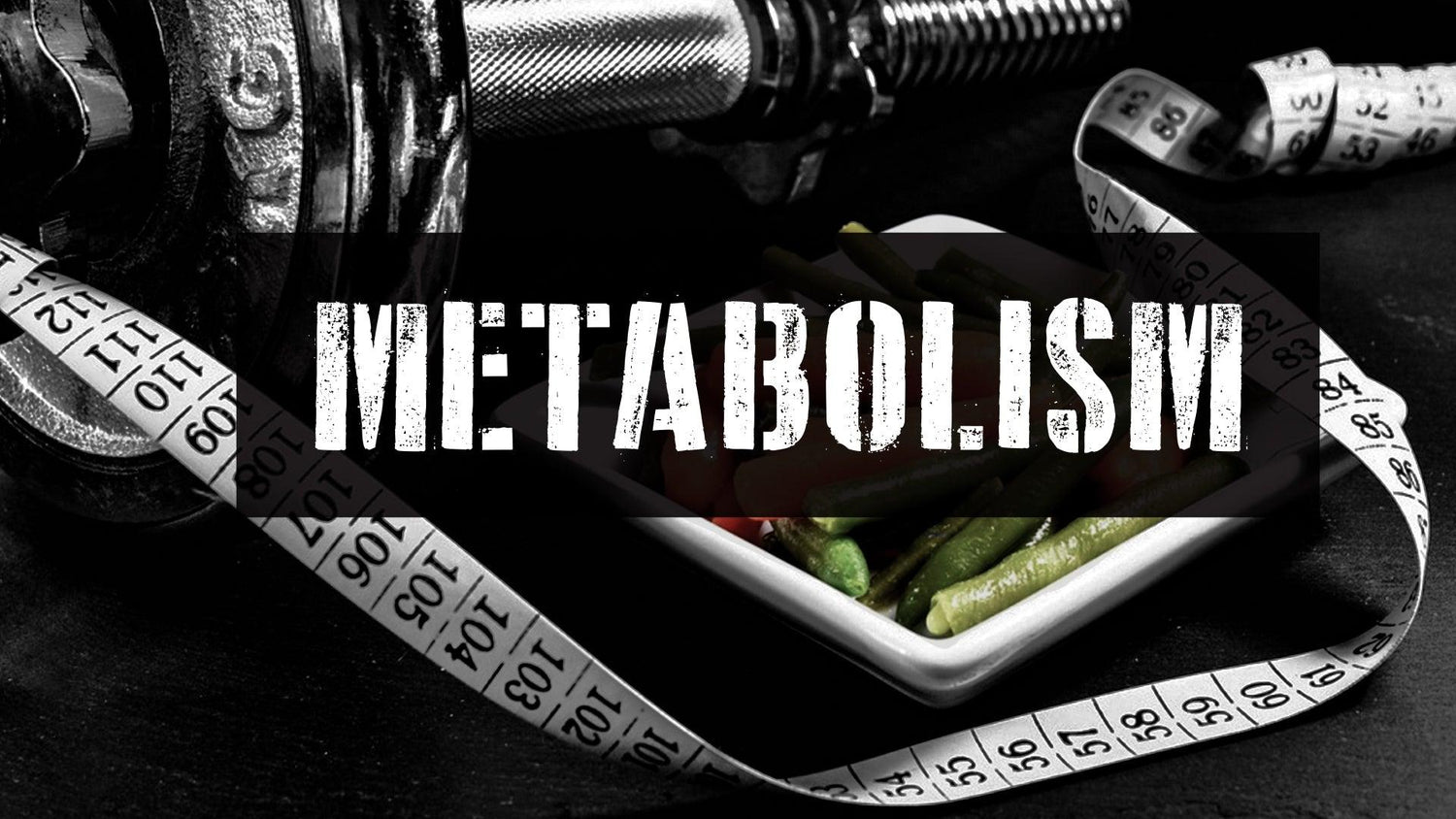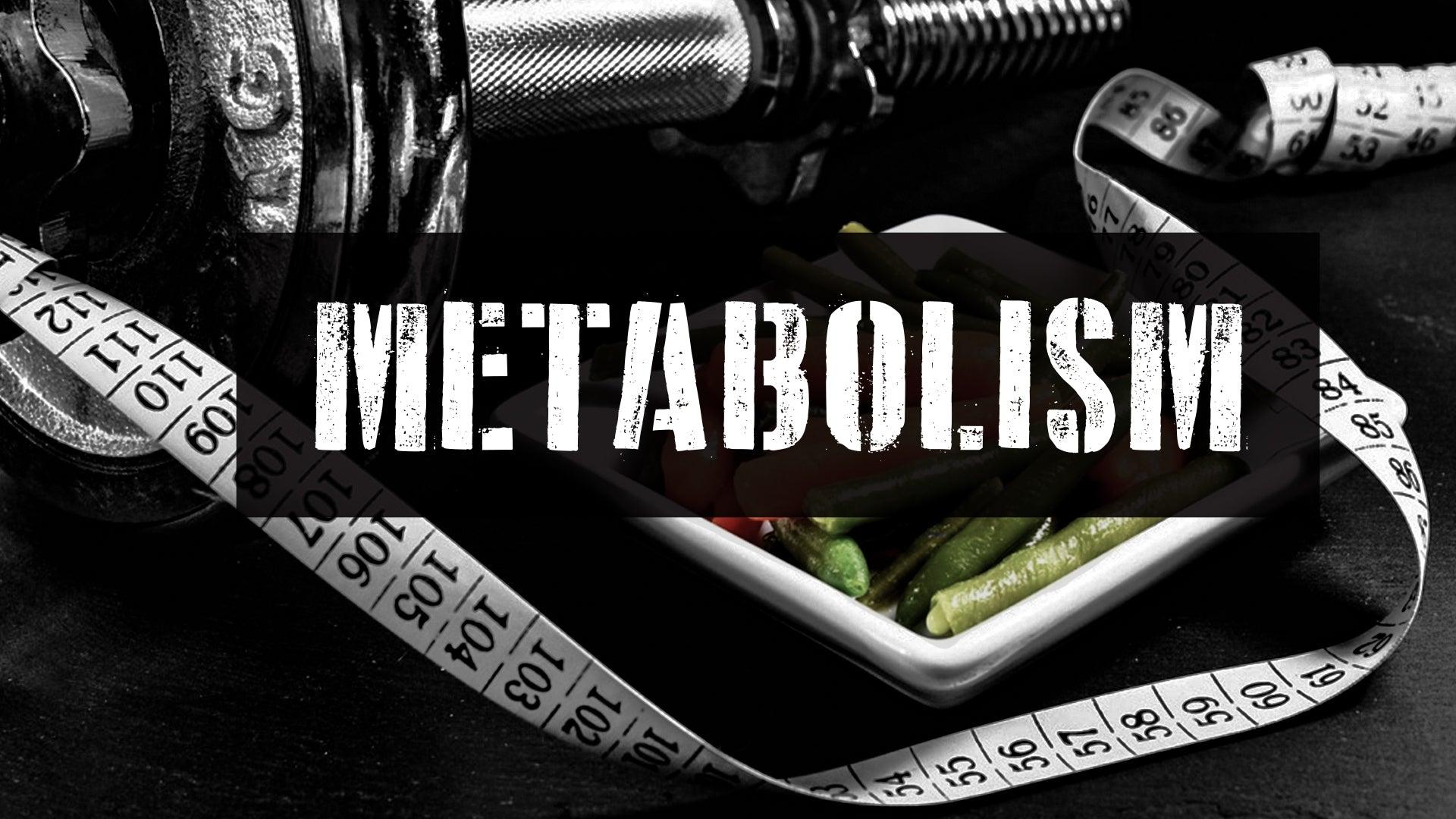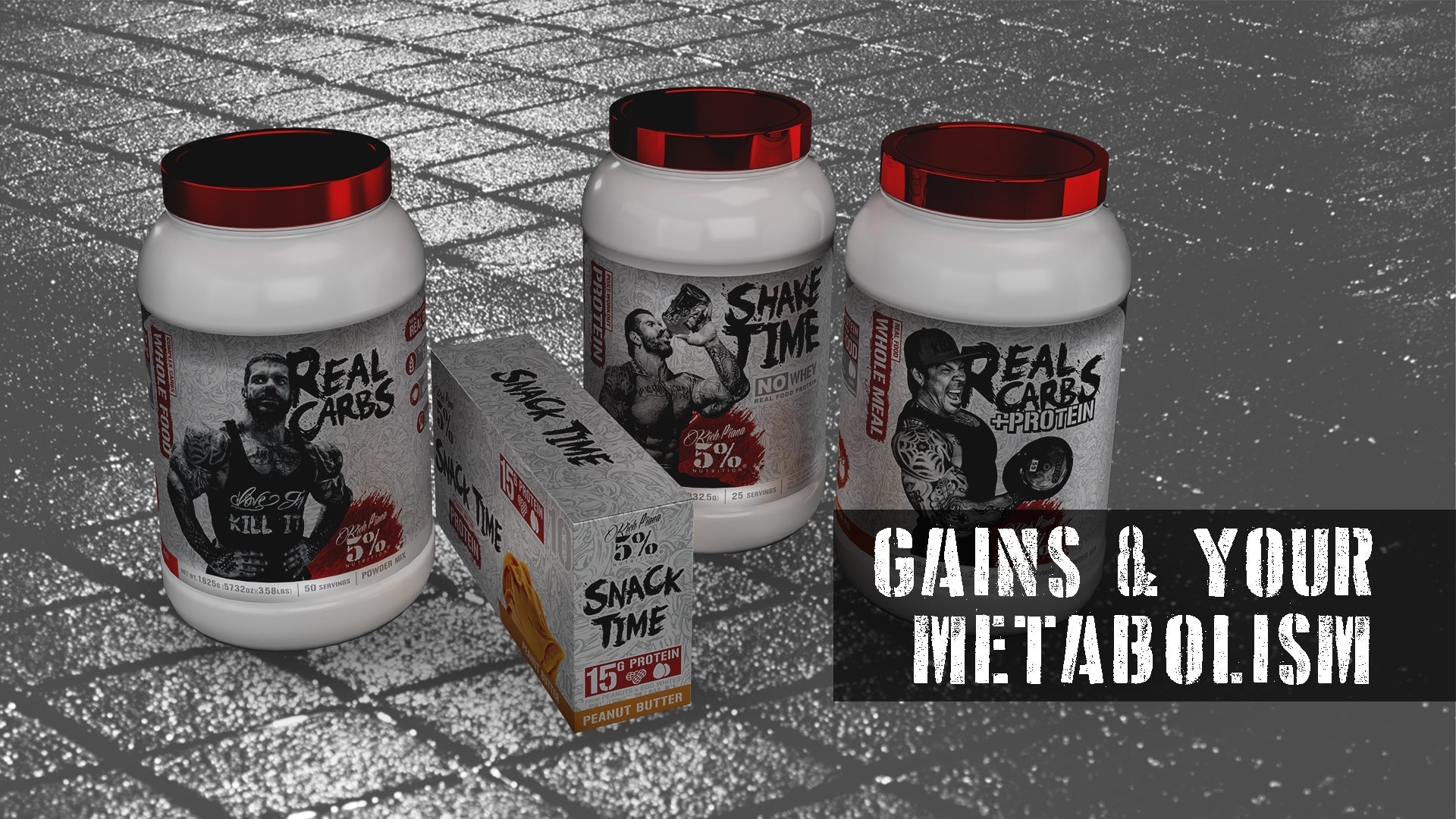In Part 1 of How the Metabolism Works we looked at what metabolism means, the function of calories, and the 2 phases of metabolism. In Part 2, we’ll break down BMR and look at several factors that play a role in your metabolic rate.
Your Metabolic Rate - BMR
Your metabolic rate, also known as your body’s total energy expenditure, consists of 3 components. The first component is BMR, followed by the thermic effect of food, and the caloric energy required by physical activity.
Basal Metabolic Rate (more commonly known as BMR) – This is the number of calories burned by the body at rest. The reason is that, even when resting, your body still has basic needs, such as breathing, your heartbeat, and other functions. The term “Resting Heart Rate” (RMR) is often used interchangeably with BMR. Perhaps surprisingly, your BMR uses the most caloric energy daily, accounting for 50–80% of daily energy needs. (1, 2)
Factors That Influence BMR
There are several factors all work together to influence your BMR. (3, 4)
These factors include:
- Body Weight And Size – Larger, taller adults have more tissue to be metabolized and have a higher BMR. It should be clarified that anyone with more muscle mass than average will have a higher BMR. That’s because muscle is metabolically active tissue. In comparison, fat is not.
- Following A Severe Calorie-Restricted Diet - Eating too few calories throughout the day encourages the body to slow down its metabolism. This is so your body can conserve energy. In a case like this, you may see a caloric energy reduction of up to 15%. What if you’re depriving yourself of protein and lose muscle mass as a result? Or if, at the same, you’re fighting an illness? Your BMR lowers even more.
- The Caloric Cost Of Protein Synthesis - Skeletal muscle comprises up to 40% of your body weight. As well, muscle contains 50-75% of the protein in the human body. We know that resistance exercise promotes muscle growth over time. We also know that protein synthesis is a direct trigger for growth. This is primarily true when protein synthesis exceeds protein breakdown. The process of protein synthesis and protein breakdown uses approximately 20% of BMR.
- Your Age – Your metabolism slows as you get older. This is due to the natural loss of muscle (unless you train to maintain your mass). This natural loss can also be due to hormones such as testosterone and GH that decline as we age. This is where a 5% Test Booster Stack might help. This Stack should include Test, Core D-Aspartic Acid, and Core ZMA. Also, it would be smart to add a protein source, like Shake Time, to the mix.
- Your Gender – Typically, a man will have a faster metabolism because they are usually larger than a woman.
- Genetics – Your genes play a role in your metabolic rate, as they do in so many things.
- Hormones – Any hormonal imbalances may influence how quickly or slowly the body burns calories.
- Environmental Temperature – If outside temperatures are too high or too low, the body has to work harder to maintain a normal internal temperature. This in turn will increase BMR.
- Amount Of Physical Activity – Your muscles require energy, and the amount required increases with your training intensity and length of the workout. Also, as noted, men and women with more muscle demand more calories.
- Caffeine – Do you like coffee or energy drinks? Don’t forget the legendary 5% pre-workouts! Caffeine, from any source, may increase your BMR.
- Dietary Deficiencies – A diet low in iodine may lower your thyroid function. This in turn slows the metabolism. The thyroid plays a major role in how well your metabolism functions. That means that maintaining thyroid health is necessary for proper metabolism.
That ends Part 2. In Part 3 of this Series, we will look at the other factors affecting BMR, and calculate daily calorie requirements.
References:
- Physiology, Metabolism - StatPearls - NCBI Bookshelf (nih.gov)
- What Is Basal Metabolic Rate? (healthline.com)
- Metabolism - Better Health Channel
- Rasmussen, Blake B.1; Phillips, Stuart M.2. Contractile and Nutritional Regulation of Human Muscle Growth. Exercise and Sport Sciences Reviews: July 2003 - Volume 31 - Issue 3 - p 127-131
